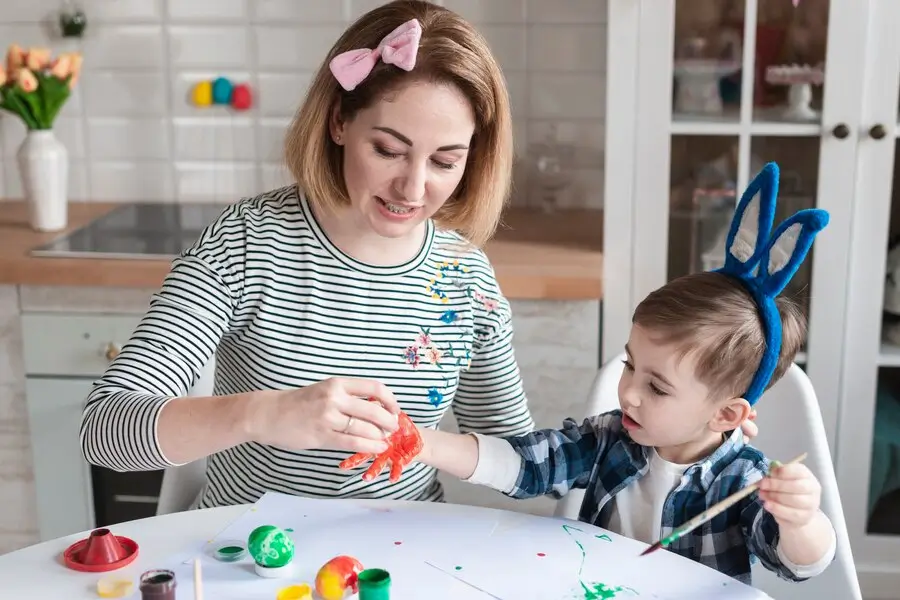The Benefits of Journaling for Dementia Caregivers
Caring for a loved one with dementia brings unique challenges that affect both the patient and the caregiver. Keeping a journal can be a valuable tool in managing these challenges, offering benefits for tracking the patient’s condition and supporting the caregiver’s mental health.
What to Record in Your Journal
- Daily Activities and Behaviors: Document changes in mood, unusual behaviors, or deviations from routine. This can help identify patterns and triggers for anxiety or agitation, allowing you to adjust care strategies accordingly.
- Medications and Side Effects: Record the times, doses, and any noticeable side effects of medications. This information is essential for monitoring the effectiveness of treatments and detecting possible drug interactions.
- Eating and Drinking Habits: Track what and how much your loved one eats and drinks. Monitoring this can help prevent common issues such as dehydration and malnutrition in dementia patients.
- Physical Health and Symptoms: Note any physical symptoms, such as changes in mobility or the onset of illnesses like coughs. This can help in spotting health concerns that may not be directly related to dementia.
- Sleep Patterns: Keep a record of your loved one’s sleep quality and duration. Sleep disturbances are common in dementia and can worsen symptoms, impacting overall health.
- Falls: If a fall occurs, document when, where, and how it happened. Falls are significant events in dementia care as they can speed up cognitive decline, and this information is crucial for doctors.
Emotional and Psychological Benefits
For caregivers, journaling offers a private outlet for processing emotions, frustrations, and successes. By writing down thoughts and feelings, you can maintain emotional stability, which is vital for supporting both yourself and your loved one.
Journaling also allows you to track which care strategies work best. For instance, if you notice that a change in routine affects your loved one’s well-being, you can make adjustments more effectively.
Strengthening the Caregiver-Patient Connection
Journaling can also strengthen the bond between caregivers and their loved ones by fostering a deeper understanding of the patient’s experiences. By regularly documenting behaviors, moods, and responses to different stimuli, you gain insight into what brings comfort or distress to your loved one. Over time, these observations can help you anticipate needs and develop more personalized care strategies, enhancing the quality of life for both you and the patient.
Reducing Caregiver Burnout
Caregivers are often at risk of burnout due to the emotional and physical demands of their role. Journaling serves as a form of self-care, providing a space to offload emotional burdens and reflect on personal well-being. By consistently acknowledging your own feelings, needs, and victories, you can prevent the buildup of stress that often leads to burnout. This reflective practice not only benefits you but also enables you to provide more compassionate and attentive care.
Creating a Legacy of Care
In addition to its immediate benefits, keeping a journal creates a lasting record of your caregiving journey. This can serve as a valuable resource for other family members or future caregivers, offering insights into the patient’s condition and the strategies that worked best. Journals can also become a cherished part of family history, preserving memories and moments that might otherwise be lost due to the effects of dementia.
How Journals Assist Doctors
Bringing a well-kept journal to medical appointments gives doctors valuable insights beyond what can be shared from memory or observed during short visits. Detailed entries can help physicians diagnose problems, adjust treatment plans, and identify complications or side effects that might not be immediately apparent due to cognitive impairments.
Getting Started
Starting a journal is a simple yet impactful way to enhance caregiving, whether you’re providing home care Annapolis for someone with dementia or managing their needs in other settings. You may choose to keep one comprehensive journal or separate ones for personal reflections and patient observations. Whichever method works best, journaling not only supports your loved one’s care but also enhances your own well-being as a caregiver. Read Also>>>














Post Comment